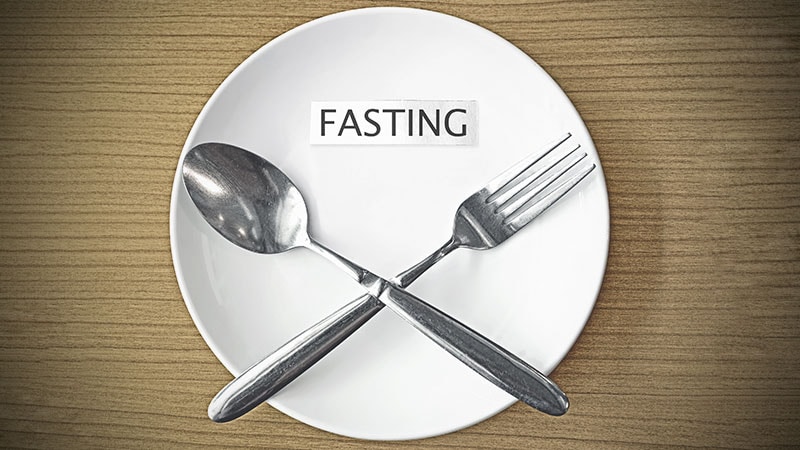Importance of Pre-Ramadan Diabetes Assessment for Safe Fasting
The content emphasizes the importance of assessing individuals with diabetes before Ramadan to ensure safe fasting practices. Dr. Mohamed Hassanein highlights the significance of proper guidance from healthcare professionals for individuals with type 2 diabetes to fast safely during Ramadan. The collaboration between the International Diabetes Federation and the Diabetes & Ramadan International Alliance (DAR) has led to updated guidelines and a risk stratification app to support individuals with diabetes during fasting. The content discusses the risks associated with fasting for individuals with type 1 and type 2 diabetes, with a focus on the higher risk faced by those with type 2 diabetes. Recommendations include risk assessment through the DAR app, with advice to refrain from fasting for high-risk individuals. Complications such as hypoglycemia, hyperglycemia, diabetic ketoacidosis, dehydration, and thrombosis are highlighted, emphasizing the need for individualized risk assessment based on various factors. The content also mentions the endorsement of risk assessment guidelines by Islamic clerics and provides insights from a 2020 survey on Muslims with diabetes. Treatment recommendations and the importance of stable medication dosages before Ramadan are discussed, along with the need for further research to optimize diabetes management during fasting.
Özeti Özelleştir
Yapay Zeka ile Yeniden Yaz
Alıntıları Oluştur
Kaynağı Çevir
Başka Bir Dile
Zihin Haritası Oluştur
kaynak içeriğinden
Kaynak
www.medscape.com
Education Before Ramadan Key to Safe Fasting With Diabetes
Önemli Bilgiler Şuradan Elde Edildi
by Mitchel L. Z... : www.medscape.com 07-06-2023
https://www.medscape.com/viewarticle/994048
Daha Derin Sorular
